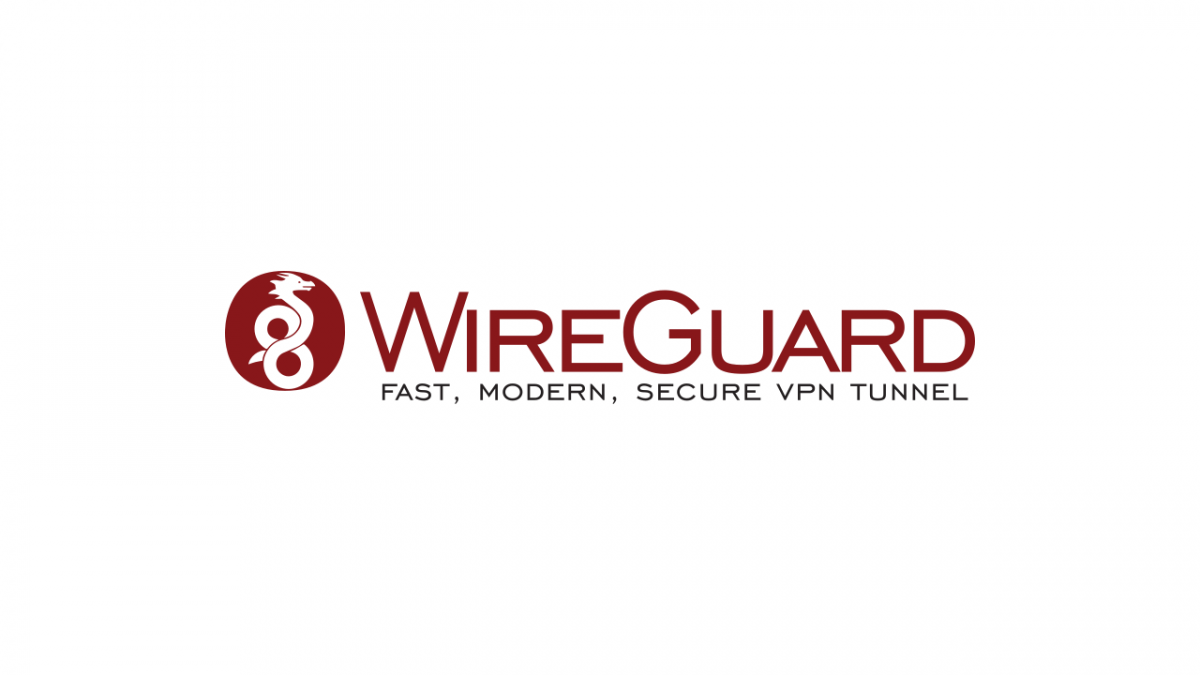Private Internet Access is proud to be supporting the WireGuard project

WireGuard has been hailed as one of the most exciting developments within crypto-networking in recent times, and while we may not be the first to adopt the new protocol, we are extremely happy to announce that we will be working on integrating WireGuard to ensure we remain at the forefront of VPN technology. The WireGuard team does excellent work, and so we’ve made a substantial donation to them in order for development to continue fluidly.
At Private Internet Access we believe in unfettered Internet access for all, and we think that WireGuard has the potential to play an instrumental part in combatting mass surveillance and Internet censorship and shutdowns.
With fewer than 4,000 lines of code, WireGuard is small and simple to audit. It also employs modern cryptography and formally verified constructions.
WireGuard offers seamless connections, lower battery usage on portable devices, powerful cryptography, and is considered to be a reliable and highly acclaimed protocol by key players in academic, free software, and infosec communities.
Private Internet Access has a history of putting its money where its mouth is, and WireGuard is no exception. We are proud to have made the largest donation to the WireGuard project to date, and are glad to be in a position to continue supporting crucial Free and Open Source Software projects that have a positive impact on the Internet ecosystem and civil liberties.
Keep an eye out for further updates as our development team integrates WireGuard to further improve the PIA service.
If you want to learn more about the WireGuard protocol, you can find thorough information on the WireGuard website as well as in the WireGuard whitepaper. If you like, you may also make a personal donation to support the project.
Comments are closed.

I noticed that WireGuard is going to use UDP. One of the challenges, of course, is that sometimes UDP VPN ports are blocked by the network. If PIA implements this protocol, will there be a way to push the connection through TCP 443 or otherwise thwart DPI?
Hans, when a network blocks some protocol-port combination (examples: TCP-80 or UDP-123), changing to some other port might be a solution. But, you can’t change between UDP and TCP that easily. A UDP packet simply relabeled as a TCP packet would not be a *valid* TCP packet and it woudn’t survive to the destination. Encapsulation might be a solution, but that introduces significant complexity and performance overhead. Meanwhile, DPI (Deep Packet Inspection) is a class of technologies that look beyond the protocol-port labels on each packet and decide to block or allow each packet based on its content–thus the DPI name! Changing ports is insufficent to escape DPI.